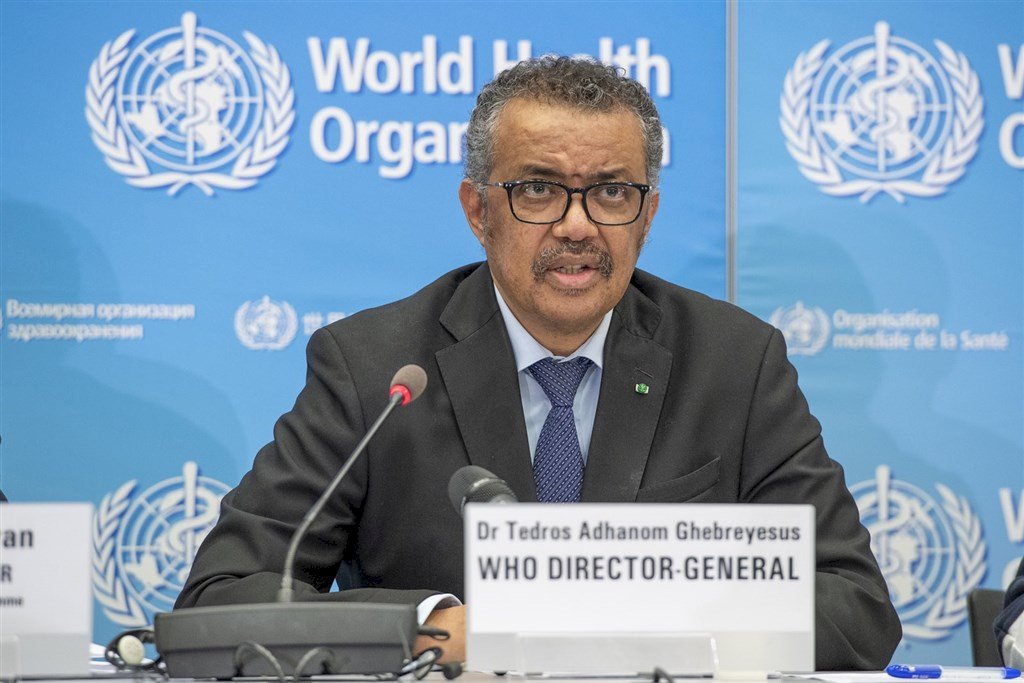On the 12th, the Secretary General of the World Health Organization (WHO), Tedros Adhanom Ghebreyesus, said that clinical trials of a vaccine against the deadly strain of the Ebola virus in Uganda could begin within a few weeks.
Uganda last month reported its first death from the highly contagious disease since 2019. The World Health Organization said in a statement that so far there have been 54 confirmed cases and 19 deaths.
Uganda’s health minister Jane Ruth Aceng told AFP that a death has also been reported in the capital Kampala. The patient died in a hospital in the capital after fleeing the central district of Mubende where the Ebola outbreak first emerged.
There is currently no vaccine against the Sudanese strain of Ebola in circulation in the East African country.
“Unfortunately, while the Ebola vaccine was very effective in controlling the recent outbreak in the Democratic Republic of Congo, the Ebola vaccine, responsible for the current Uganda outbreak, has ineffective strains of the virus.”
“Several vaccines against this strain are in various stages of development, two of which may begin clinical trials in Uganda in the coming weeks and are currently awaiting approval by the Ugandan government,” said Tedros.
According to WHO, Uganda first reported the Ebola outbreak on September 20, and confirmed cases were found in five districts, including the Mubende district.
“Our main goal now is to help the Ugandan government control and contain the epidemic quickly and prevent it from spreading to neighboring regions and countries,” said Tedros.
WHO estimates that the risk of transmission of the Sudanese Ebola virus to neighboring countries is high due to the frequent cross-border movements between Uganda and other countries.
The Ebola virus is an often fatal viral hemorrhagic fever, named after its first discovery in the Ebola River in the Democratic Republic of the Congo in 1976.
The Ebola virus is transmitted through body fluids and common symptoms are fever, vomiting, bleeding and diarrhea. Outbreaks are difficult to control, especially in urban environments. Infected people are not contagious until symptoms appear, which usually occurs after an incubation period of 2 to 21 days.
The worst Ebola outbreak occurred in West Africa between 2013 and 2016, killing more than 11,300 people.
Uganda has experienced several Ebola outbreaks, the latest in 2019, when at least five people died.
The neighboring Democratic Republic of the Congo has seen more than a dozen outbreaks, the deadliest of which was in 2020, with 2,280 deaths. Late last month, the Democratic Republic of the Congo announced that the Ebola outbreak that began six weeks ago in the eastern province of North Kivu was over.


